Meet Jack Bonneau, a 12-year-old boy who runs the franchise business, Jack’s Stands and Marketplaces. If you’ve ever wanted to start your own business or run a lemonade stand, then you must have come across his name before [1].
On the hit show Shark Tank, entrepreneurs have the opportunity to pitch their business ideas to a panel of investors, also known as “the sharks”. If the sharks are interested in the product or service, they may invest in the company.
So, what happened after Shark Tank? Did Jack’s Stands and Marketplaces become a successful business? It turns out that, even though the company did not get an investment from the sharks, they have been doing quite well. In fact, since appearing on Shark Tank, the company has been featured in Entrepreneur magazine, Inc., and Forbes.
What Is Jack Stands and Marketplaces?
The Jack Stand business model is based on a lemonade stand. Jack Stands teaches kids about how to start a company and proceed through the various phases and techniques of running one.
Jack Stands is a franchise that was founded to manage several sites and pay youngsters for their labor to teach them entrepreneurial skills. A Jack Stand is a stand with height adjustment capabilities, which may be used to support an automobile.
Pros:
- Learning about entrepreneurship is available;
- It’s a fun and simple method to generate money;
- Help your kids learn about the business world;
- Create social and personal abilities;
- This book is designed to help kids understand how a business works;
Cons:
- For some youngsters, it might be complicated and technical;
- The pressure to excel can be too much for young kids;
- Many children find it difficult to manage various business components;
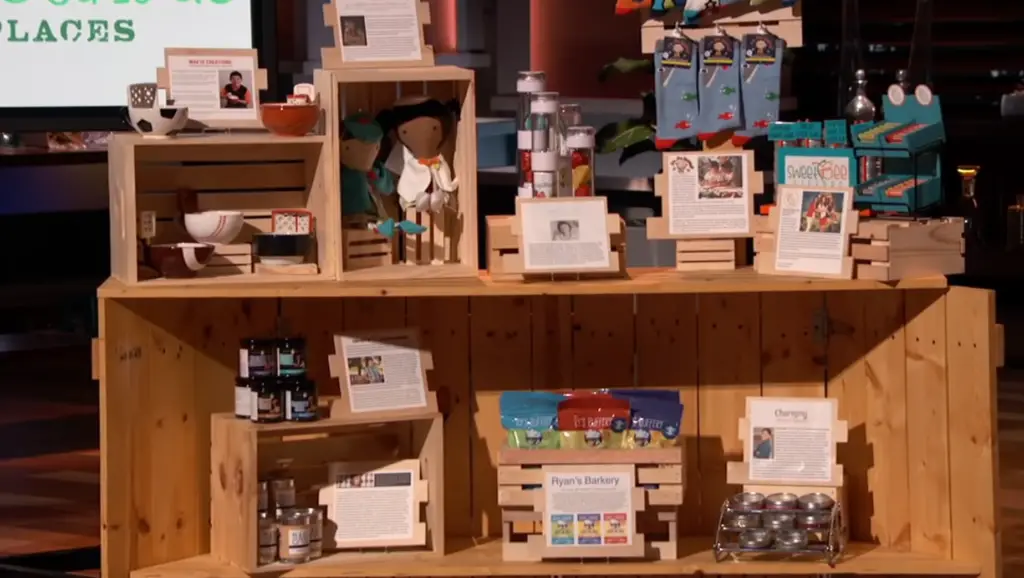
Who Is Jack’s Stands and Marketplaces For?
No question running a lemonade stand can be enjoyable for kids and their families, but at Jack’s Stands and Marketplaces, we offer something unique. The business franchise provides children with an opportunity to learn about business principles and develop their entrepreneurship skills. Through the program, kids will have the chance to build social and life skills – all while making money from selling lemonade!
According to their website, they provide the stands and set them up in marketplaces so that the kids can focus on running the business, counting their tips, and figuring out their sales and expenses. It is a fun way to learn how a business is run and provides kids with plenty of opportunities to hone their skills, all while running a lemonade stand.
Are There Any Alternatives?
Yes, there are several alternatives to Jack Stands and Marketplaces. One such franchise is Kidpreneur, which is a business that provides resources and support to help kids start their businesses.
Another option is Young Entrepreneurs, which offers programs and resources for young entrepreneurs ages 6 to 18. And finally, Lemonade Day is an annual event that helps kids learn how to start, own, and operate their lemonade stand businesses [3].
While each of these franchises has its unique approach, they all share one common goal: to teach kids about entrepreneurship in a fun and engaging way. If you’re looking for an alternative to Jack Stands and Marketplaces, any of these franchises would be a great choice!
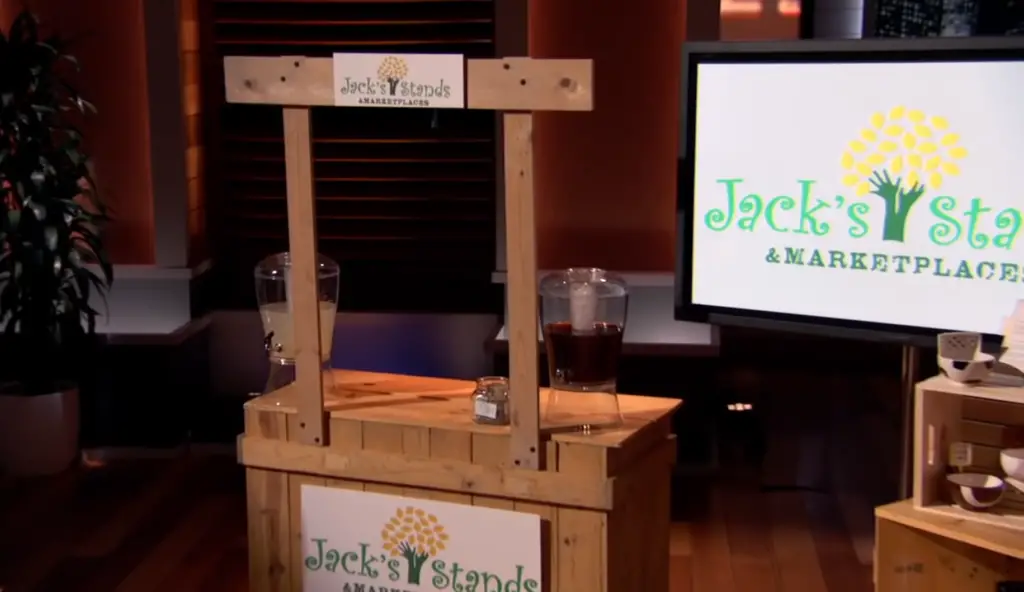
Who Is The Founder Of Jack Stands and Marketplaces?
A 12-year-old Jack Bonneau is the company’s founder and chief executive. Jack’s parents, who had worked in real estate, launched a lemonade business two years ago, but it was more professional than a table at the end of the driveway [4].
Jack’s father agreed to help him set up a shop at the farmer’s market, and Jack earned $900 from $2000 in sales his first summer. The next year, Jack secured a business loan for $5000 from Young Americans Bank so that he could expand to three additional markets.
He shared his trade secrets with other youths intent on earning some quick money. He instructed them how to speak with customers, make adjustments, and calculate earnings at the end of every selling day. For their labor, the kids received a percentage of the profits as well as tips. In the second year of business, sales increased to $25,000 in total.
Jack’s father, Steve Bonneau, hoped Jack’s Stands experience would give him an education in business – and it did. Now, Jack is expanding his stores into new markets in Colorado and Detroit. He attempted to raise funds for expansion on IndieGoGo but didn’t quite reach his goal; however, he has partnered with other successful young businesses, including Shark Tank alumni Moziah Bridges (Mo’s Bows) and Ryan Kelly (Ry’s Ruffery), to offer benefits.
Jack Stands and Marketplaces On Shark Tank: The Pitch
On the stage, a 10-year-old boy and his father emerged. They introduced themselves to the Sharks as Jack, the CEO and founder of Jack’s Stands and Marketplaces, a company located in Denver Colorado. The father also stepped forward and introduced himself, saying that he worked for Jack.
Jack then proceeded to tell the Sharks that he was seeking $500,000 in exchange for a 10% equity stake in his company. Jack’s presentation started with him recounting a story from when he was 8 years old. He had wanted a Star Wars-themed Lego set that cost $400 but his father told him he could only have it if he raised the money himself.
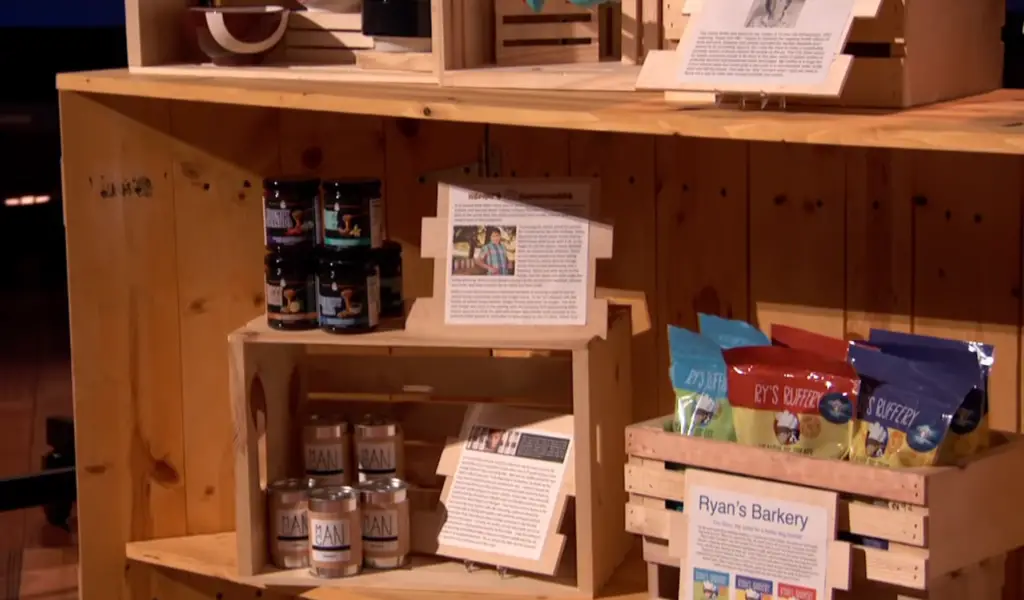
This inspired Jack to action. He set up a lemonade stand in a farmers’ market. After 12 weeks of effort, Jack was able to generate $900 in profit, after subtracting the costs associated with operating the business. He was able to purchase his Death Star Lego set and save some money. Lori was pleased. Jack explained to the Sharks that he created Jack’s Stands and Marketplaces to instill an entrepreneurial spirit in kids, as well as teach them about business and financial literacy.
He stated that his second goal was to make money while having fun doing it. Barbara had a good laugh at Jack’s earnestness. Jack continued, saying they provided everything except for the kids’ motivation. Jack told one of the Sharks that this wasn’t simply an opportunity for kids to sell lemonade – it was much more than that. They were able to offer various products, and share their inspiring stories about how they got started in the business.
This was not your ordinary lemonade stand. Jack’s dad concluded the presentation by asking the Sharks who wanted to make some money. Mark even asked Jack to share more information about the business. Currently, Jack operates 7 stands and delegates, other kids, to manage each respective location. Jack would teach them about customer service and how to restock the shelves.
Mark asked if it was all in Colorado, and Jack confirmed that it was. Lori asked where they were located in Colorado, and Jack explained that they had stands at farmers’ markets and crafters’ markets, as well as two locations in the mall. Kevin wanted to know what their monthly revenue was for the mall locations. He wants to know what percentage of their profit went into rent for those stands.
Jack’s father cut in to explain that the stands cost 15% of their profit each month in rent. They had made $15,000 over three months from both stands combined.
After hearing Jack’s report, the Sharks informed him that they expected to open another three stands by the end of the year and that their entire sales forecast was $150,000 for the year. Mark congratulated them. $50,000 of it came from Jack’s stand-alone, while the rest originated from marketplaces. Jack informed the Sharks that they were expecting to do $1 million in sales next year, which elicited a roar of laughter from them.
Mark inquired as to how he monitored his numbers, and Jack explained that they calculate a mini profit and loss statement with each child’s sales, losses, and tips at the end of every day. Lori asked what Jack’s father was doing to help him. His dad replied that he was supportive of him 100%. In the past, his father had owned his own company – but now considers working on Jack’s Stands and Marketplaces both more successful and enjoyable because it allows them to bond together during this process. He was able to collaborate with his son.
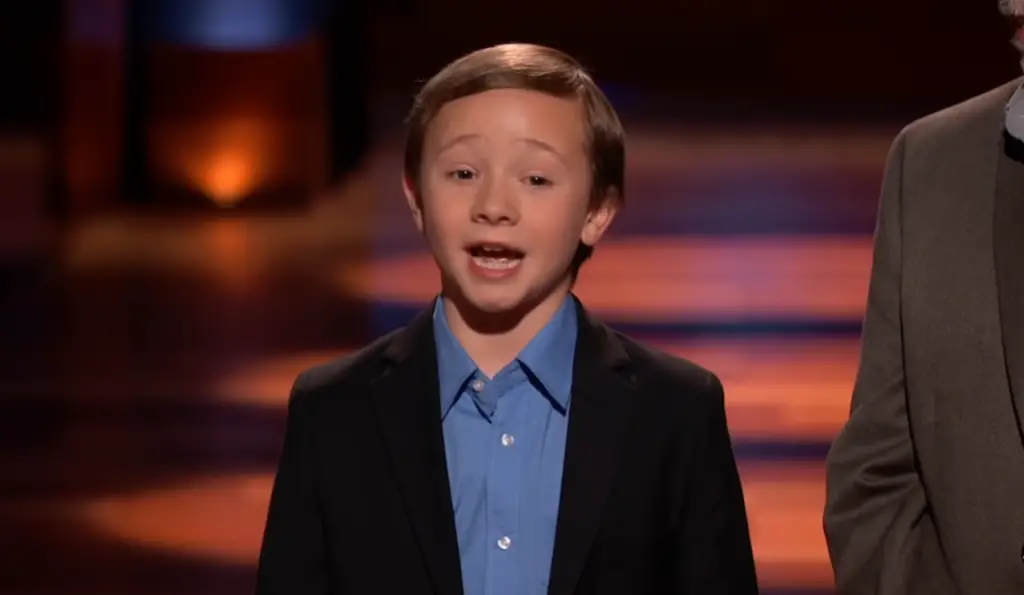
Jack’s father asked him whether he’d want to meet someone in a local mall, and how the process would work. Jack’s father said that Jack would come in and teach her how to run the business, as well as provide her with all she needed. The children receive between 10 and 15% of their total income.
Since $50,000 was no small sum of money, Kevin wanted to get serious now. He said he liked the narrative and the entrepreneurs, but that he wanted them to be full-time employees when he invested in them. He didn’t want Jack to drop out of school over this.
He wanted Jack to finish his education before coming back to him for an investment. For now, he was gone. With a heavy sigh, Jack took his leave. Chris inquired how much Jack had spent to start his firm. Jack explained that he had borrowed $1000 from his parents to buy the first stands, supplies, and operating cash.
He’d already paid back his parents. In Colorado, he had received a Young Americans Bank loan of $5,000. Chris wanted to know whether they had paid off the $5,000 loan, and Jack informed him that they were 60% repaid with a monthly payment of $250.
Mark said that Jack was incredible. He stated that one of the reasons he does Shark Tank is to encourage kids like Jack to start their businesses. When he was 10 years old, he launched his first company, but he saw the difficulties. He believed that millions of children would want to do the same thing and didn’t see Jack as being able to support so many individuals at this time. Mark said they had taken the necessary steps to show that they could handle people from outside of Denver Colorado. Even though Mark praised Jack and his efforts, he decided to go out anyway.
Barbara said that the marketplace was a mistake for Jack’s Stands and Marketplaces. She felt that the lemonade stands should be more convenient and inexpensive. Adding additional items makes everything ten times more difficult. Barbara opted to go out on her own. According to her, Jack performed exceptionally well on Shark Tank, and he was truly an inspiration.
Lori told Jack that he was amazing and she couldn’t believe how articulate and businesslike he was for just 8 years old. Lori said that growing the business slowly would be best since he’s in school and she wanted him to concentrate on his education. She wished him the best but then said she was out. Jack nodded sadly. Chris Sacca said there’s no way the best pitch of the year gets away from Shark Tank without a deal so he offered one.
Chris recognized that Jack was already managing some debt for $250 per month. Chris proposed to give Jack a $50,000 loan at 2% interest with a contingency of requiring him to take out $10,000 at a time. They would assess the business and how it was progressing before allowing him to draw down another $10,000 after they had been paid off. After consulting with his father, Jack accepted the offer.
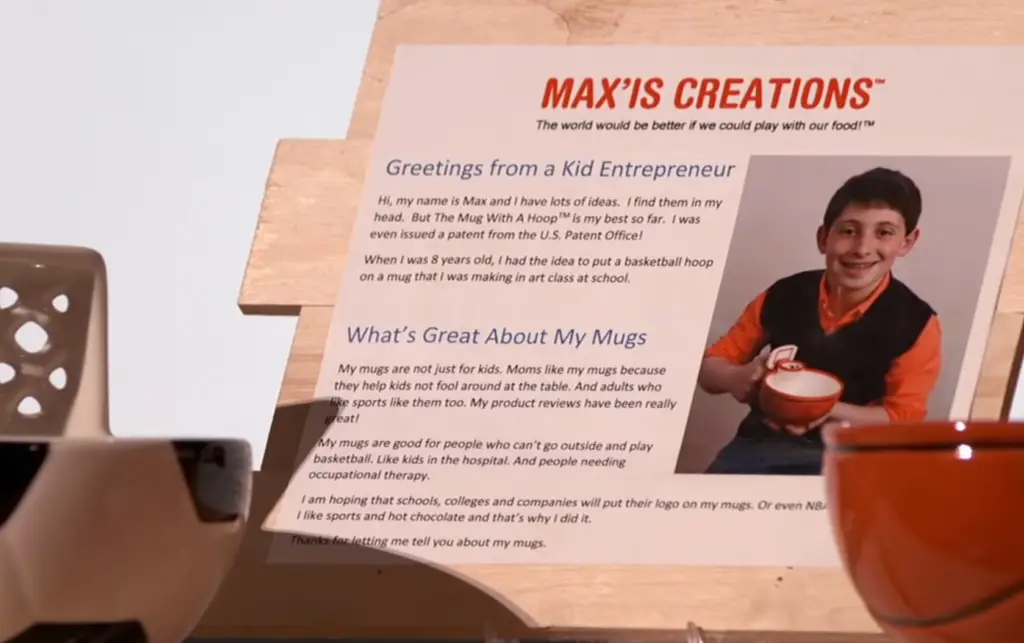
Jack Stands and Marketplaces Now In 2022
He partnered with local youth organizations that wanted to encourage kids’ entrepreneurship as location sponsors when he came into problems with sites not allowing kids to operate businesses.
Jack’s Stands were implemented in Good Times restaurants in 2018 to give children the chance to sell lemonade. He plans to create his own lemonade brand soon.
US Chamber of Commerce Dream Big Young Entrepreneur Achievement Award in 2020. Jack’s two businesses, both located in Broomfield, CO, and Denver respectively, are still running smoothly and profitably as of 2022 [5].
The Net Worth Of Jack Stands and Marketplaces
Jack and his father appeared on Shark Tank season 8 episode 8 looking for $50,000 for a 10% stake in the firm. This is equal to a $500,000 valuation. They took a $50,000 loan from Chris at 2 percent interest, giving the company the same value as before. Since both Jack’s Stands and his other business are operational and successful as of November 2022, the current price must be higher [6].
FAQ
How old is Jack Bonneau now?
Jack Bonneau is now 12 years old. He started Jack Stands when he was just 8 years old, and it has been a huge success. The company has now sold over $100,000 worth of products [7].
Who is the youngest person to get a deal on Shark Tank?
At just 12 years old, Jack Bonneau is the youngest person to get a deal on Shark Tank. He landed a deal with Chris Sacca for $10,000 [8].
What Shark Tank episode was Jack Stands?
Jack Stands appeared on Shark Tank in Season 8, Episode 8.
Does it cost to go on Shark Tank?
The answer is no, it does not cost to go on Shark Tank. The producers cover all the expenses associated with appearing on the show. This includes travel and lodging for the entrepreneurs and their teams, as well as the cost of any materials needed for their presentations.
How does Shark Tank make money?
The sharks offer to invest their own money in exchange for equity in the businesses that appear on the show. ABC does not directly profit from the deals made on Shark Tank. However, the show does generate revenue through advertising and may also receive a percentage of any successful deals that are completed.
The show has been incredibly popular since it first aired in 2009 and has helped to launch many businesses. Some of those businesses have gone on to be very successful, while others have not fared so well.
Useful Video: Jack’s Shark Tank Episode
References
- https://www.sharktanksuccess.com/jacks-stands-and-marketplaces-review
- https://bizzbucket.co/jack-stand-shark-tank-update/
- https://www.sharktanksuccess.com/jacks-stands-and-marketplaces-review
- https://startupreneurship.com/what-happened-to-jacks-stands-after-shark-tank-pitch/
- https://biznewske.com/what-happened-to-jacks-stands-after-the-shark-tank-pitch
- https://biznewske.com/what-happened-to-jacks-stands-after-the-shark-tank-pitch
- https://www.linkedin.com/in/jackbonneau/
- https://sharktanktales.com/best-of-shark-tank/best-young-entrepreneurs-shark-tank

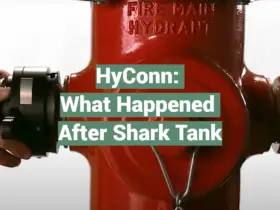
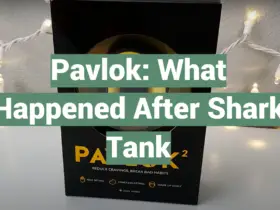
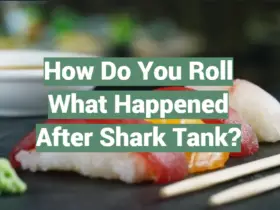
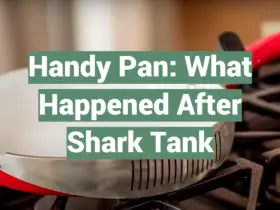
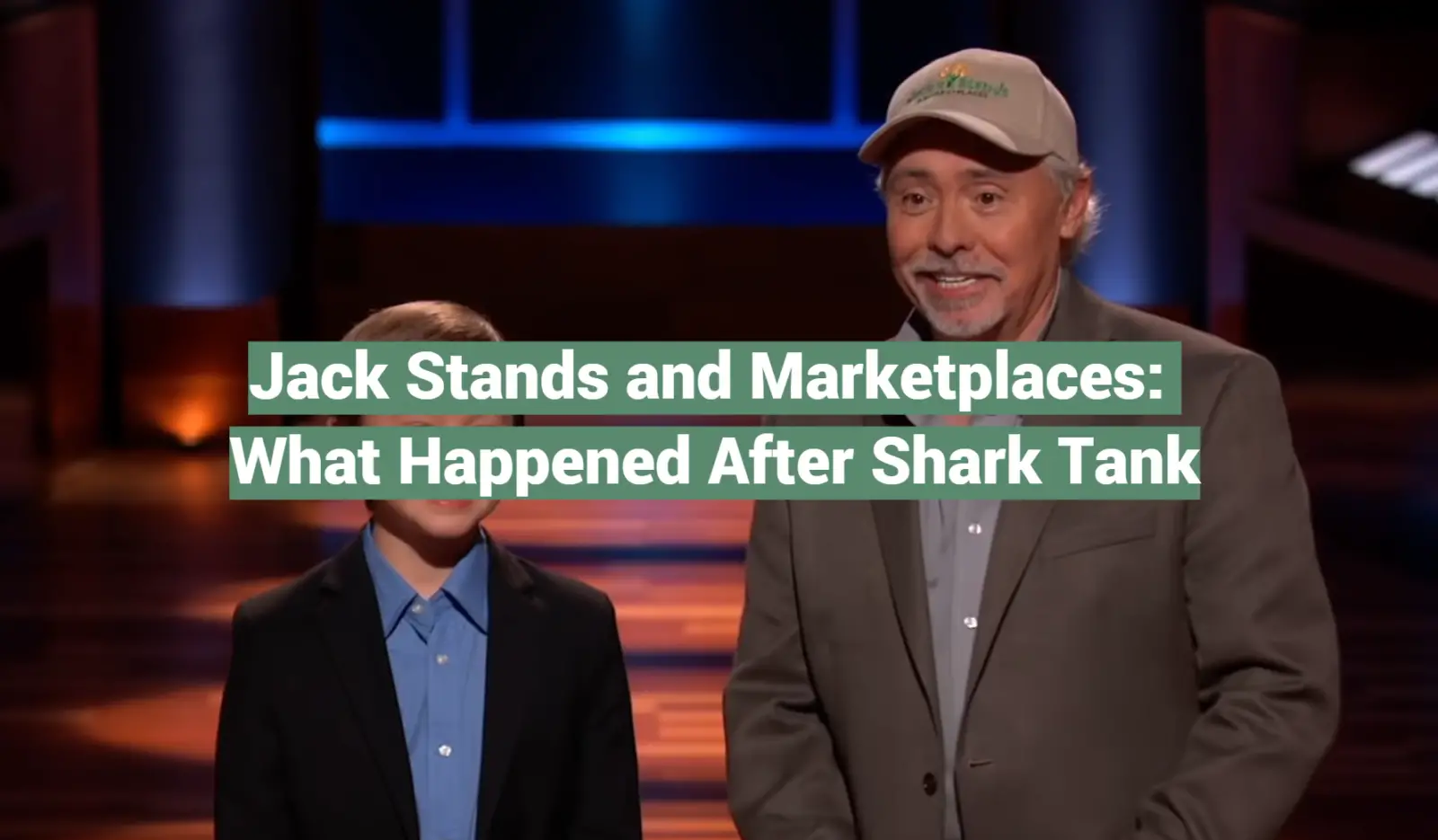
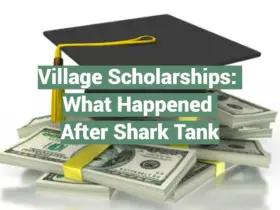

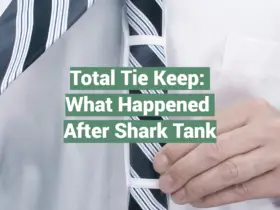
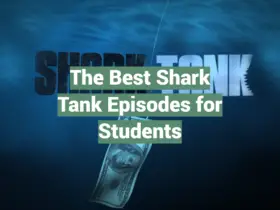



Leave a Reply